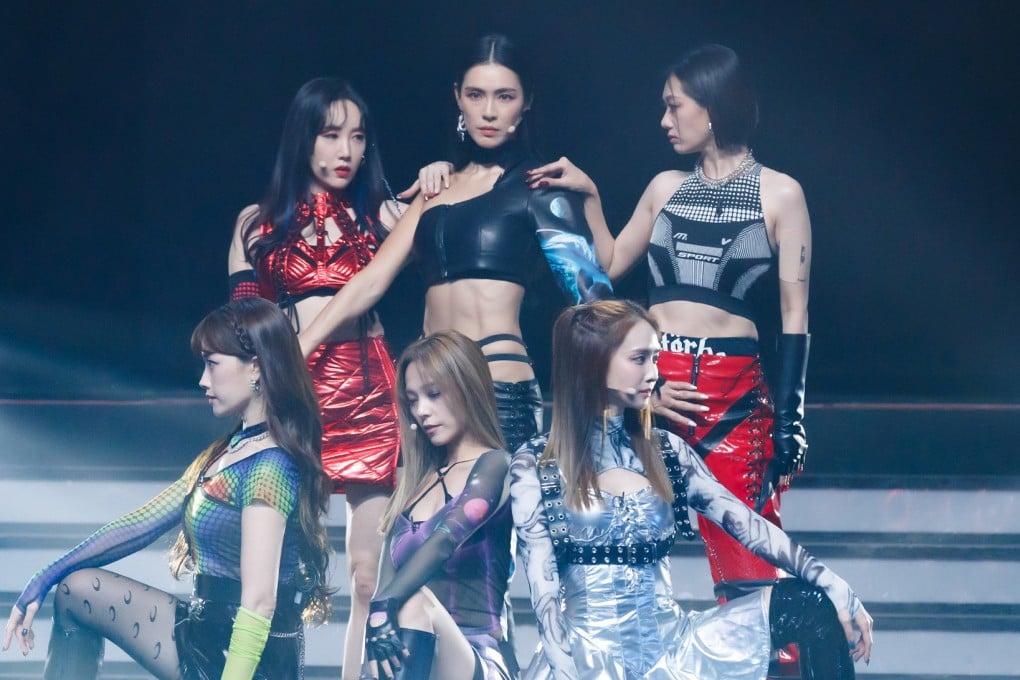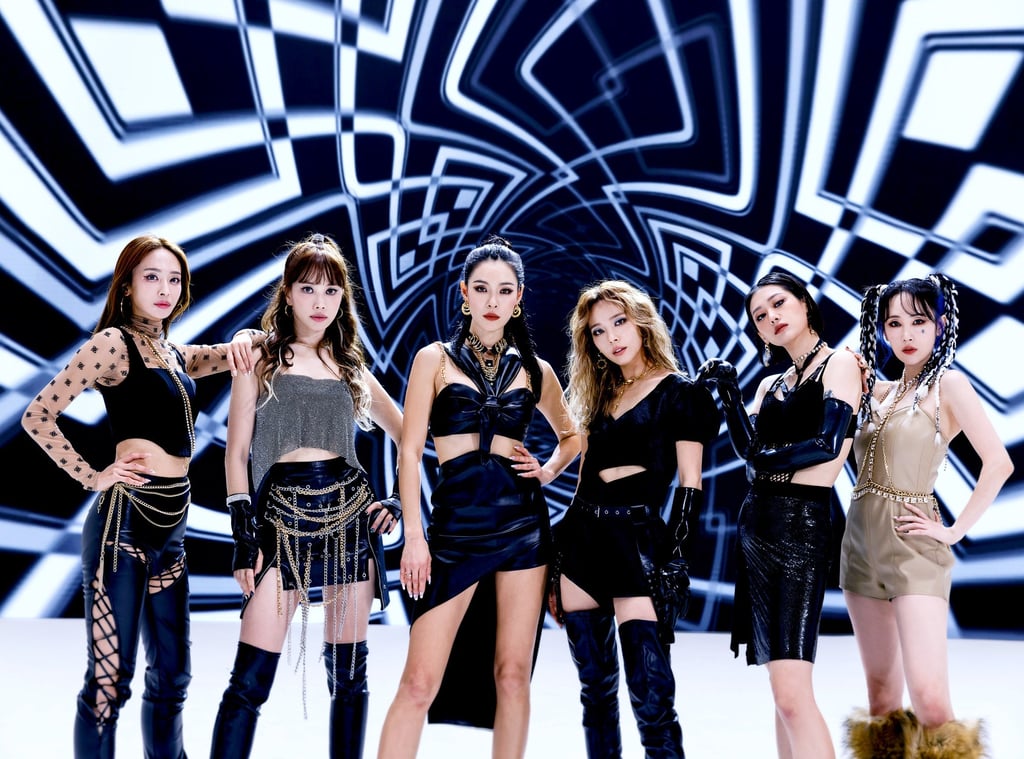Advertisement
Mama the Idol gave former K-pop idols a stage: show’s producer talks about giving women back their careers after they quit to become mothers
- Six former K-pop stars including Kahi of After School and Wonder Girls’ Sunye, who left show business to become mothers, returned to the stage on Mama the Idol
- The producer of the show wanted to ‘bring energy and encouragement to all the mothers’ out there, saying: ‘Don’t we all agree that mothers have it much harder?’
Reading Time:4 minutes
Why you can trust SCMP

When K-pop girl group After School reunited in 2021, it was for the first time in more than five years and for what Kahi thought would be the last performance of her life.
Reality show Mama the Idol, which focused on six women who left K-pop to start families and their quest to return to the stage, proved her wrong.
Kahi, of After School, was joined on the show by Wonder Girls’ Sunye, Park Jung-ah of Jewelry, Baby V. O. X Re. V’s Yang Eun-ji, and soloists Byul and Hyun Jyu-ni.
Advertisement
Several of the women hadn’t performed on stage in years, some for more than a decade, and two – Kahi and Sunye – had flown in from overseas to participate in the show.

Some of the participants had faced a backlash for putting their family first, like Sunye, who announced in 2012 she was getting married. Fans of the group accused her of being why Wonder Girls suffered a dip in popularity during their peak.
Advertisement
Advertisement
Select Voice
Choose your listening speed
Get through articles 2x faster
1.25x
250 WPM
Slow
Average
Fast
1.25x